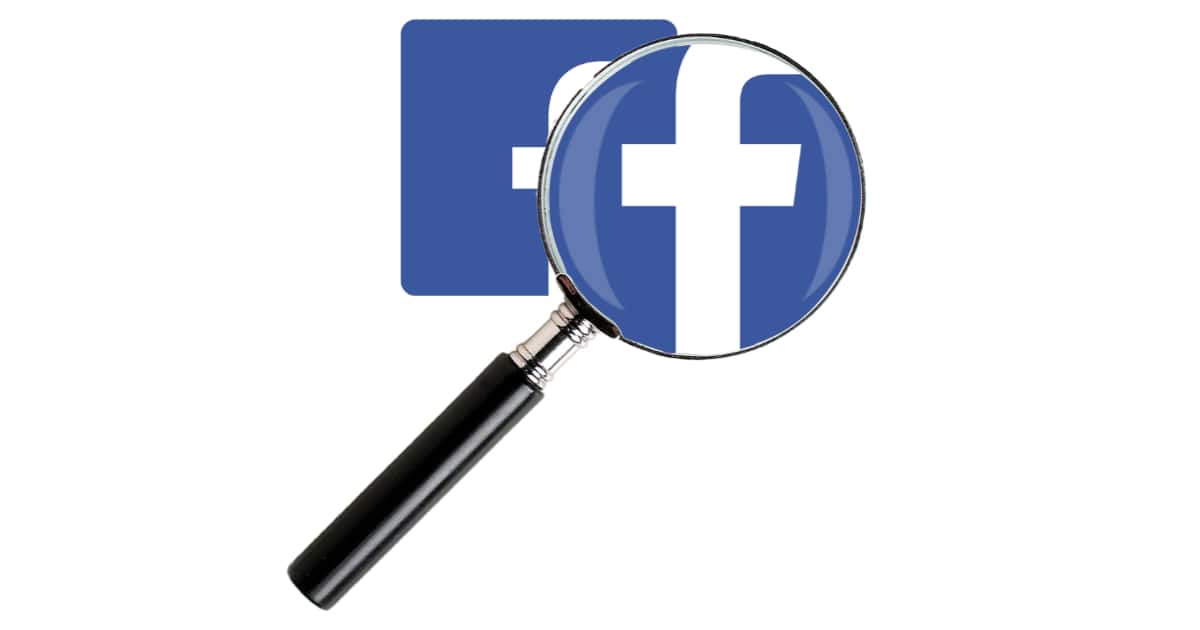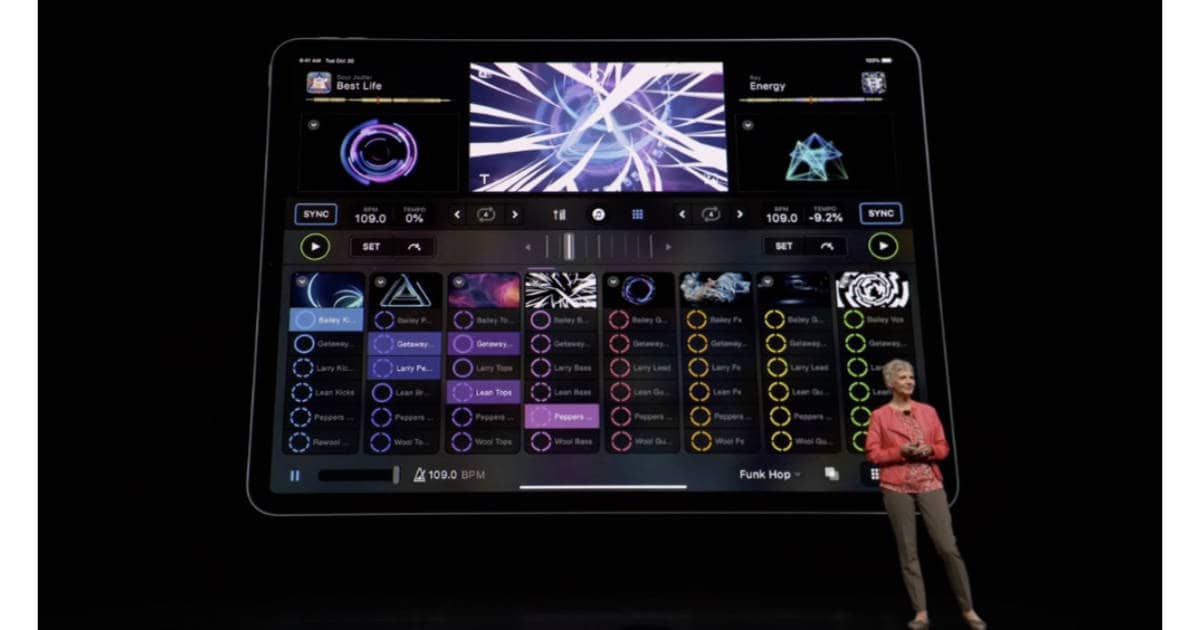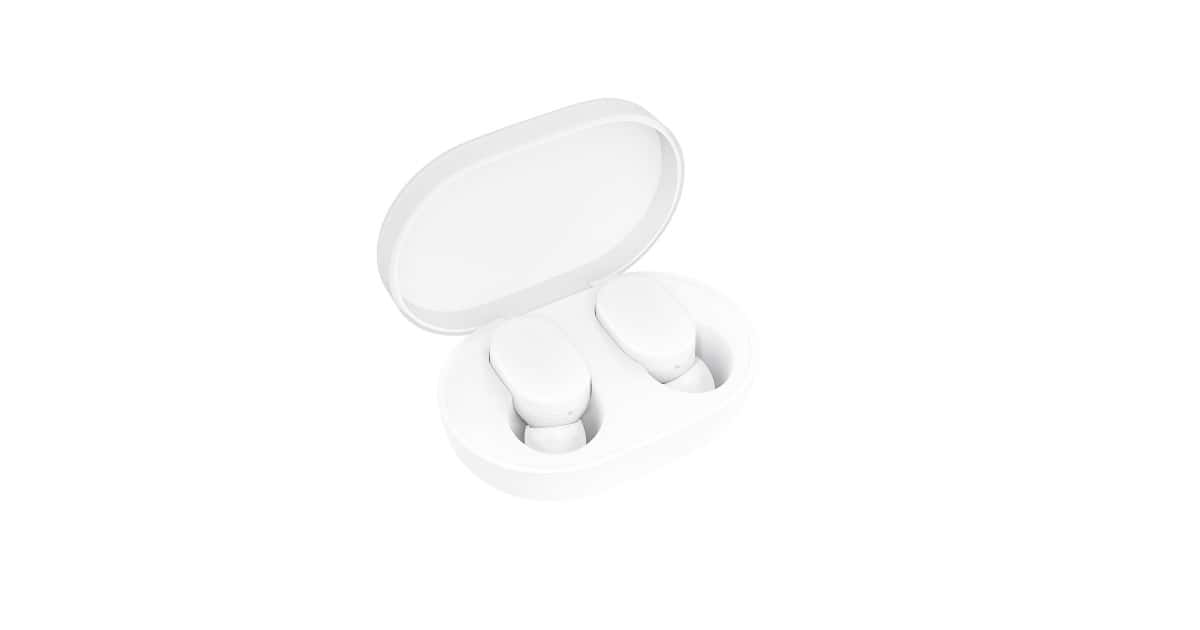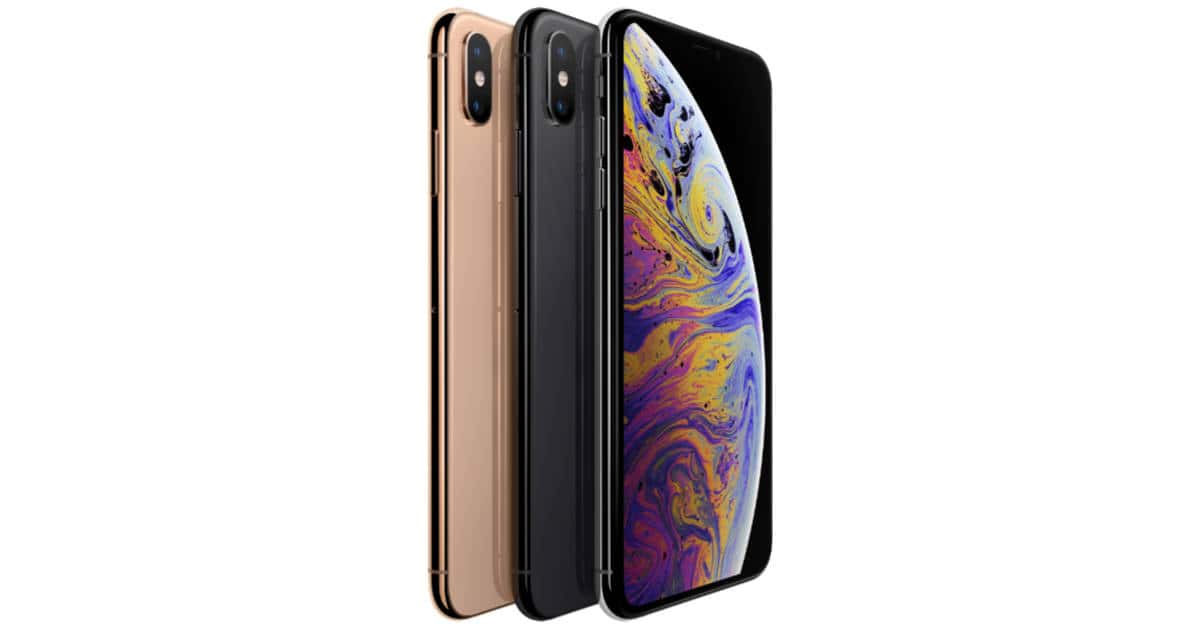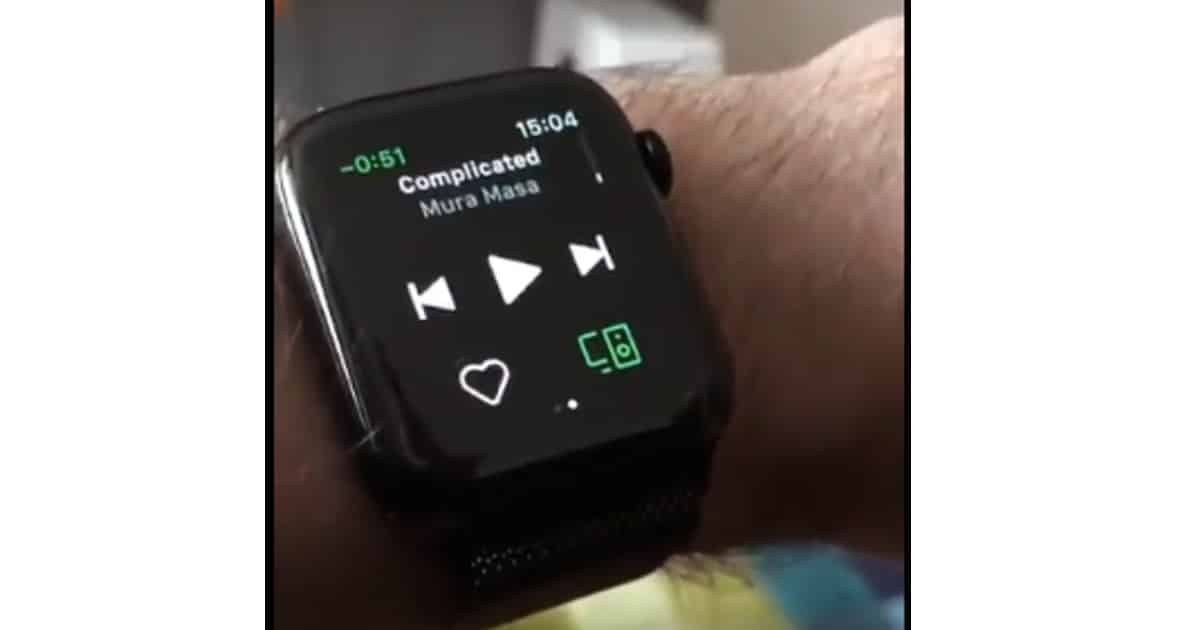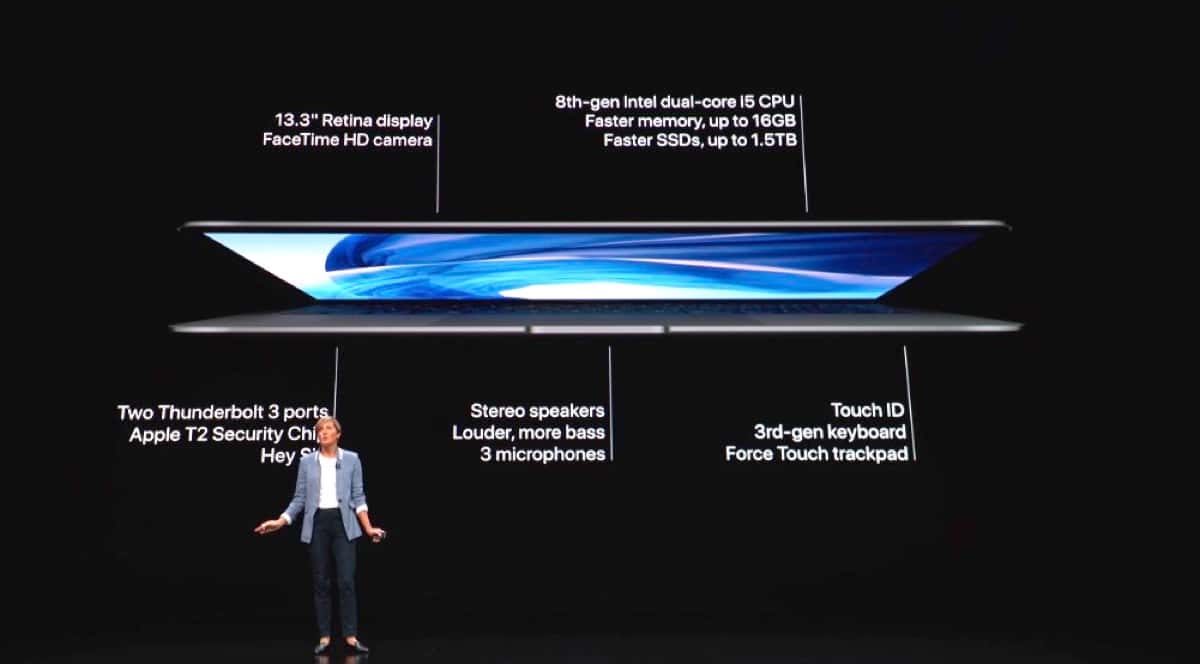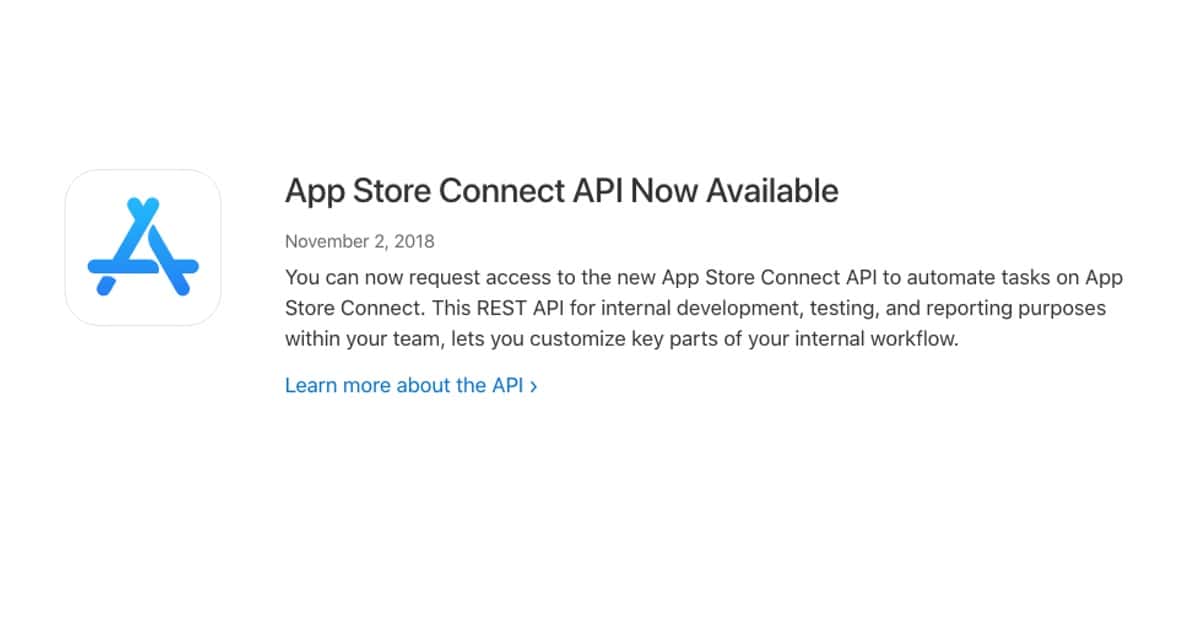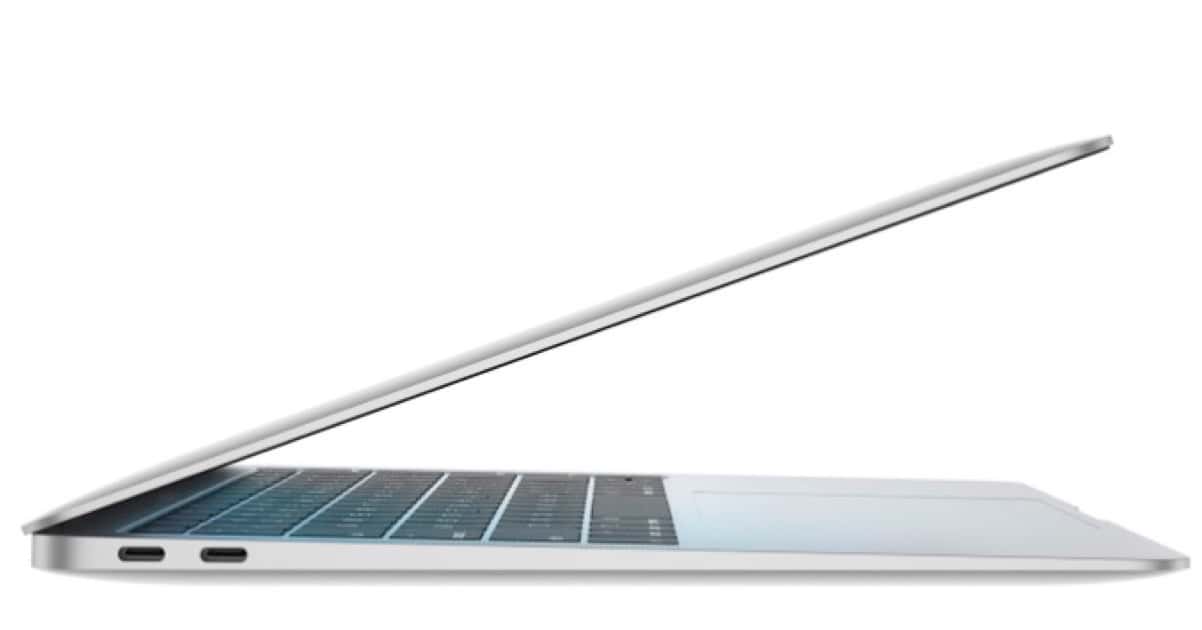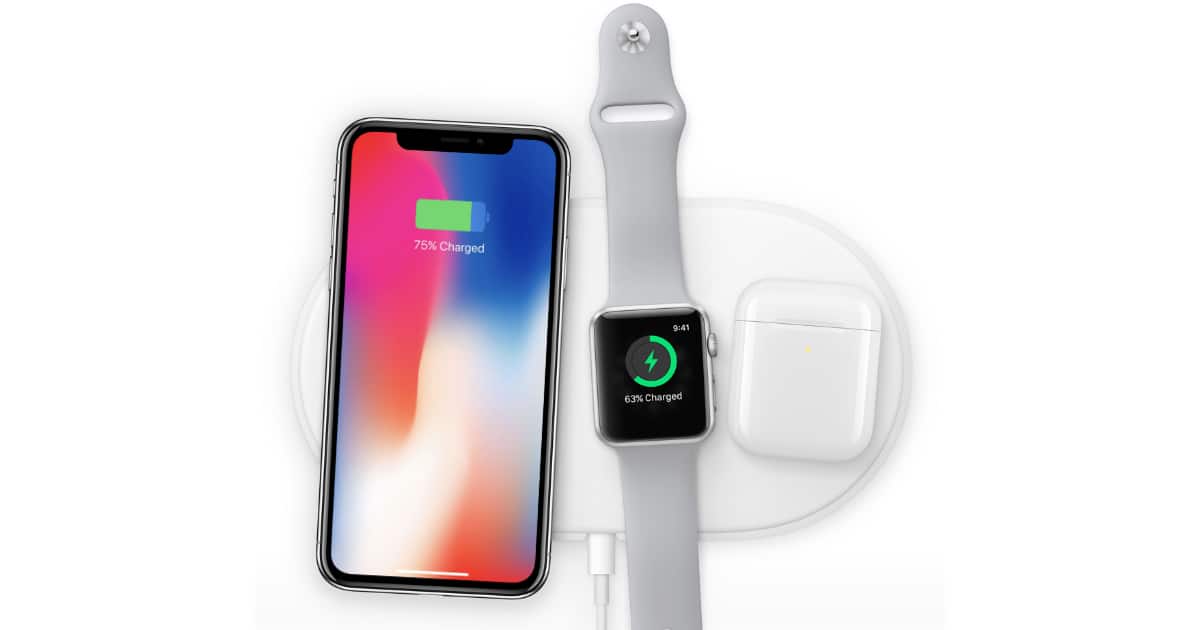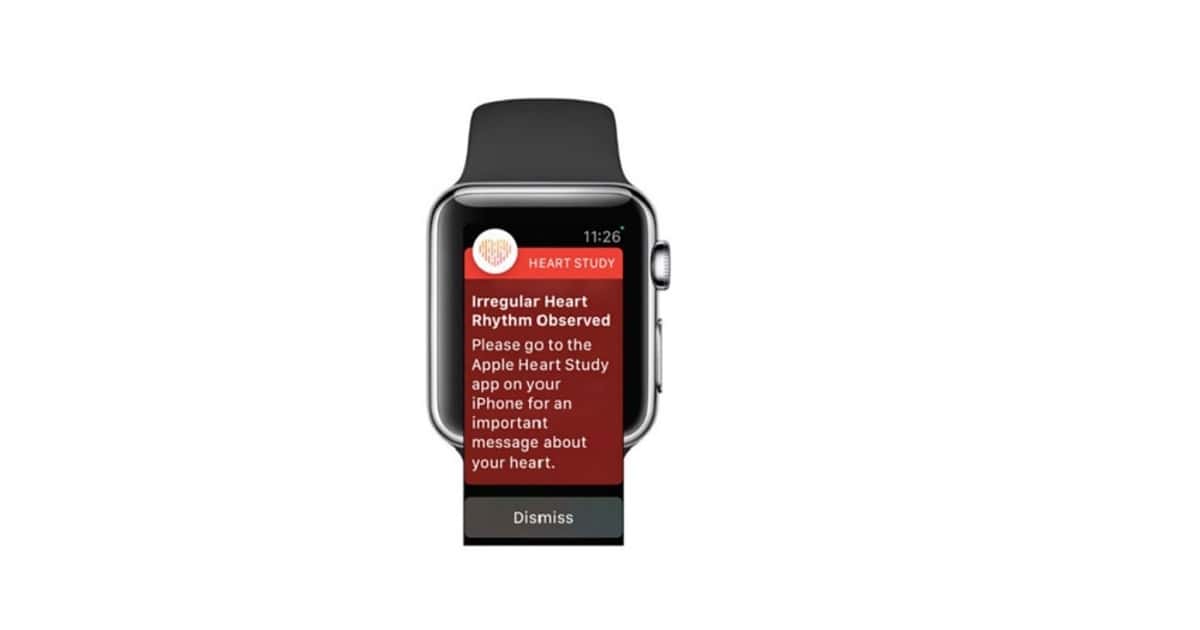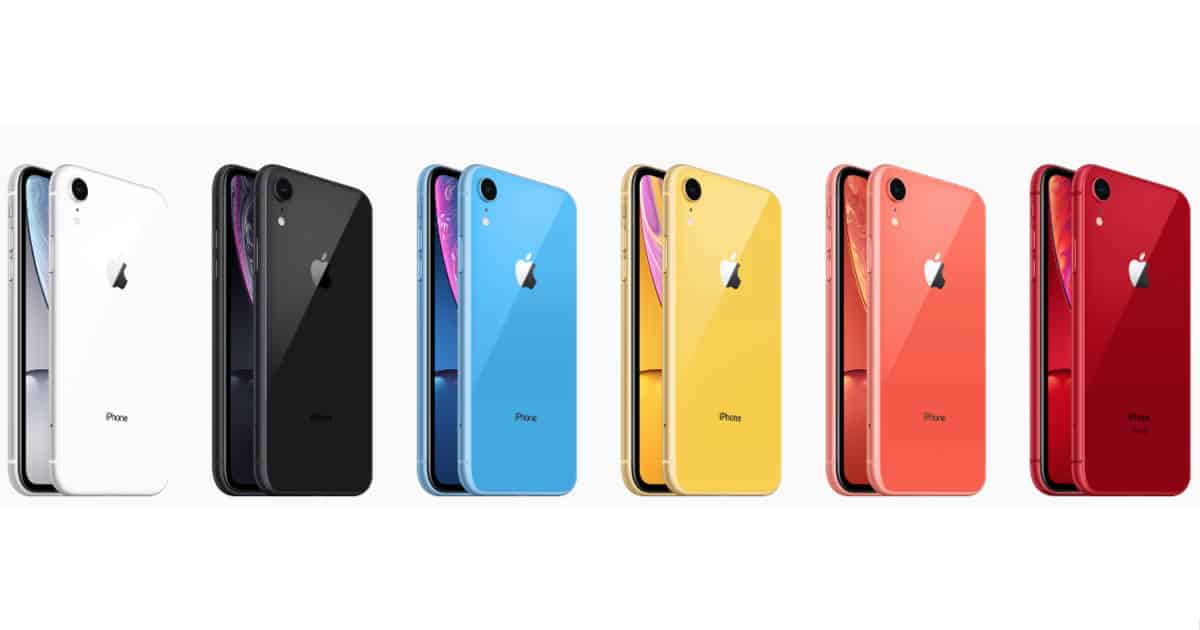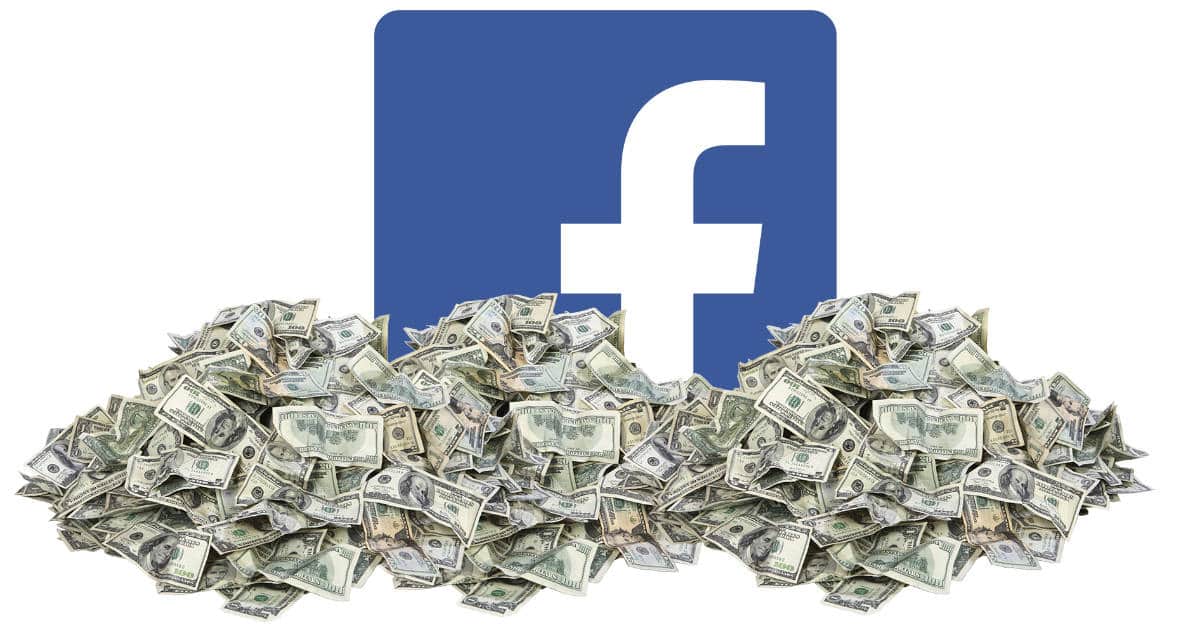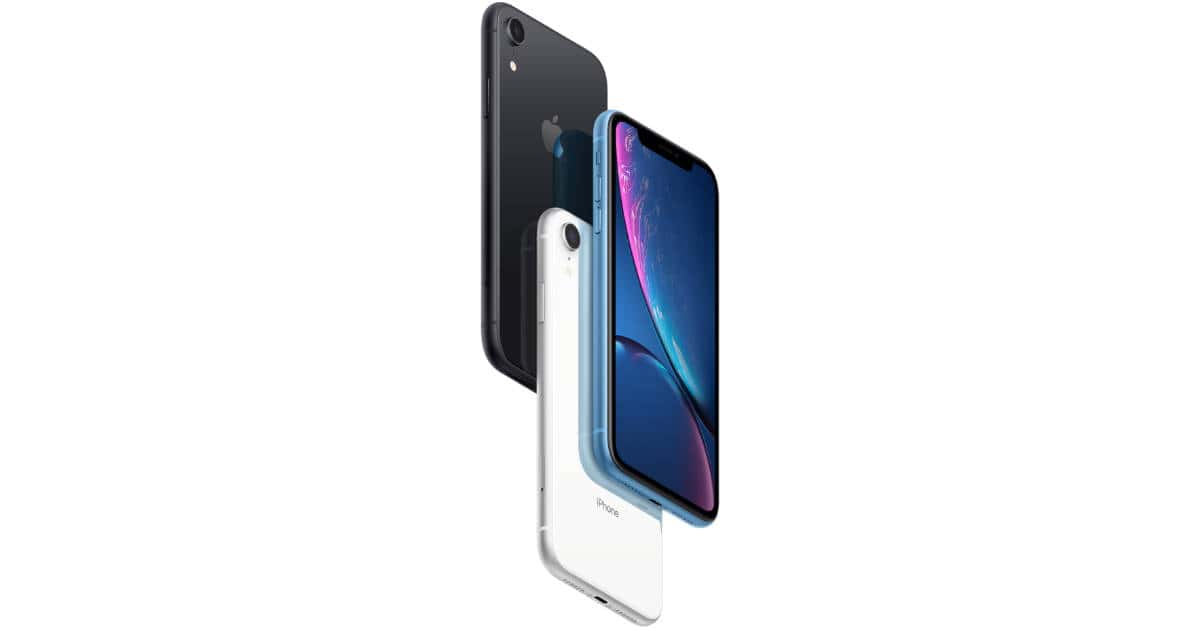Pervasive AI is on its way, according to Deloitte.
Articles by Charlotte Henry
Facebook Postpones Political Ad Transparency Drive
Facebook’s has had to halt the mandatory introduction of its new transparency system for political ads following the revelation of a number of major failures.
Apple Investigates Reports of Listener Drop-off in Apple Podcast Analytics
Apple is investigating after podcasters raised concerns that Analytics was showing a huge fall in listenership.
New iPad Pro Means it is Time for padOS
It is fair to say that Ben Lovejoy from 9to5Mac is a fan of the new iPad Pro, including the “perfection of the rounded corners in the display.” He is increasingly recommending it to non-techies over a MacBook. His one gripe though is that he thinks the iPad Pro needs its own operating system – call it padOS. I can see the case for this. The iPad Pro, in particular, is now so advanced that people are doing an increasing number of high-powered tasks on it. The device needs an operating system that reflects that. As Lovejoy points out, Apple argues against converged devices. So why not add an extra operating system into the mix so that each hardware offering is compatible but has a unique software environment so users can truly enjoy devices to their full potential?
But while the iPad Pro isn’t trying to be a Mac, it is a grown-up device and it needs a grown-up operating system. Not macOS, but rather a tailored version of iOS, designed to take advantage of the additional capabilities of the iPad. What some people have termed padOS.
Xiamoi AirDots - the Latest AirPod Copy
“Imitation is the sincerest form of flattery,” the old saying goes. If that is true, Apple should be feeling very flattered indeed. Chinese company Xiaomi has become the latest firm to imitate the AirPods with its AirDots wireless headphones. It is not just the name that’s similar. The design of the AirDots shares a lot with the AirPods. They are fully wireless and have a very familiar look charging case. The next generation of the AirPods is thought to use Bluetooth 5.0, and the Air Dots utilise that same technology. In fact, the biggest difference is the price. The Next Web reported that the Air Dots will retail for just $30. Here is a bit of what they make off this copy-cat offering:
It seems like everyone wants to get on the AirPod bandwagon. Apple’s wireless earbuds have proven so popular that shedloads of companies are copying the format and releasing similar-looking versions of the audio gear. The latest in this line? The Xiaomi AirDots. The earbuds have many of the same features as the AirPods. First off, they’re true wireless, meaning there’s not a cable in sight on the headphones themselves. The Xiaomi AirDots also have touch controls on the side of the buds and come with the now standard charging case.
Reuters Looks at Apple's Challenges in India
India is home to a large population full of very tech-savvy. Not surprisingly, Apple is keen to increase its sales there. However, small incomes, high device costs and cheap alternatives are making this increasingly difficult. A good piece of analysis on Reuters reveals that even those in Bengaluru – India’s Silicon Valley, are resisting high-end new Apple devices. To compound the difficulties, Apple faces high import tariffs in India and lost some of its top executives in the country this year. While I suspect that tales of Apple’s demise in India is somewhat premature, there is little doubt the firm faces big challenges to keep the country’s 1.3 billion consumers buying its products. Here’s a snippet:
But in a country where the average per capita income is around $2,000 a year, even the cheapest of this year’s new iPhones, the XR at 76,900 rupees ($1,058), costs twice as much as many of the alternatives. Hong Kong-based Counterpoint Research says that iPhone sales are falling as a result. From three million phones in 2017, sales may sink to two million this year, according to their estimate, the first decline in four years.
LG Reportedly Producing OLED Panels for iPhone
Reports are surfacing that LG has begun producing 400,000 OLED panels for Apple, most likely for the company’s OLED iPhone XS product line.
A Glimpse at Spotify on the Apple Watch
Spotify for the Apple the Apple Watch is on its way but a first look shows that the functionality is pretty basic at this stage.
Inside Apple Iconsiam - the First Thai Apple Store
Angela Ahrendts has given some insight into Apple Iconsiam – the firm’s first store in Thailand.
New MacBook Air - the "Sushi Knife of Laptops"
After years of waiting for an upgrade, the announcement of a new MacBook Air last Tuesday was understandably greeted with some excitement. In an 8/10 review of the device, Wired‘s Lauren Goode referred to the slick new model as the “sushi knife of laptops.” She was particularly impressed by the new retina display, which boasts a 1,440 by 900 pixel resolution, with 128 pixels per inch pixel density. For all the praise, the review does concede that if you’re someone doing high-end graphics work then this is not the machine for you. It also laments the reduced number of ports on the new MacBook Air. Here is a hint of what Ms. Goode has to say:
If you’re someone who builds graphics, edits 4K videos, or processes large photos for a living, the Air isn’t going to cut it. It will, however, handle 15 to 20 browser tabs at once, let you edit photos in Lightroom without any hiccups, and keep ten apps running smoothly at once. I know because I’m doing all of this right now as I type. The memory can also be configured up to 16GB, which gives it twice as much memory capacity as the previous MacBook Air.
Apple Wins Prestigious Award for Device Accessibility
Apple has been given the Eleanor Roosevelt Humanitarian Award from the Center for Hearing and Communication for its work towards creating accessible products for those living with disabilities. Senior Director of Global Accessibility Policy and Initiatives, Sarah Herrlinger, will accept the prestigious award on behalf of the firm. Given the focus that Apple puts on diversity and accessibility, the award is likely to be a source of pride at 1 Infinite Loop. Indeed, in an interview with the CHC’s Director Laurie Hanin, Ms Herrlinger said: “Our products should reduce barriers so you can do just that, regardless of ability. This work is never done. But it’s exactly the kind of design and engineering challenge Apple was built for.” AppleInsider rightly notes Apple’s long history with accessibility enabling technology:
The company has for years incorporated accessibility assets like VoiceOver screen reader technology and system-level integration with hearing aids in its iOS and Mac devices, and continues to make advancements toward improving the user experience for people living with hearing loss. In 2016, for example, Apple rolled out AirPods-style streaming and Live Listen support for Made For iPhone hearing aids.
Apple has Good Reasons not to Publish Hardware Sales
There has been a lot of discussion about Apple’s decision not to reveal hardware unit sales following its earning’s call on Thursday. Investors certainly did not like it and we saw Apple’s stock price tumble by as much as 7% in the aftermath. There is an interesting—if sometimes snarky—piece of analysis on Yahoo! Finance that discusses Apple’s attempts to project itself as a services company, less reliant on hardware sales than it has ever been. It concludes that this is a transition phase for Apple. Here’s a snippet:
Apple may want to project itself as a services company and want to direct investor attention to the services story and also, how it is a great place for customer satisfaction and security.
But it’s a little hard to sell that story when the services business contributed just 16% of revenue — yes even if that 16% represents a 27% increase from last year after one-time items, and even if that growth rate was substantially higher than the rest of the business.
What Could Be Next Gen AirPods Get Bluetooth Certification
While Apple hasn’t announced a new generation of AirPods, two filings for AirPods were published on Thursday by the Bluetooth SIG.
App Store Connect API Goes Live
Developers can now request access to a new REST API for App Store Connect.
MacBook Air vs Windows laptop - 10 Years On
Back in 2008, the MacBook Air was miles ahead of anything available on the Windows platform. Tom Warren at The Verge says that 10 years on that is no longer the case and that “Apple’s new MacBook Air doesn’t do much to overtake these [sic] latest crop of Windows laptops”. He certainly has a point that last week’s MacBook Air update was “more a refresh than a revolution,” and that there has been a “quiet revolution” in Windows laptops over the last decade. He also discusses how the new iPad Pro has once again changed the tablet vs laptop debate, as iPad sales grow.
Apple’s new MacBook Air won’t drive the laptop market forward significantly, but the iPad Pro is stealthily making advancements. It’s been clear for some time that Apple is prioritizing the iPad Pro over the MacBook as its consumer “computer” of choice, but it was made even clear during Apple’s event earlier this week. Apple revealed it has sold more iPads in the past year than the entire lineup of notebooks from any single manufacturer. “This makes iPad not only the most popular tablet, but the most popular computer in the world,” said Apple CEO Tim Cook.
The Missing Announcements from Apple's October Event
Now that we have had a chance to fully digest what was announced at Apple’s event in Brooklyn last Tuesday, it is time to consider what was missing. Over on 9to5 Mac, they note the absence of announcements relating to an iPad Mini 5, AirPower and wireless charging for AirPods, any upgrades to the iMac line, an ECG app in Watch OS 5.1 and updates to the 12-inch MacBook. Few were really expecting new AirPods or AirPower, but other devices had been the subject of rumors, and it was surprising we didn’t hear about at least some of those products at Apple’s “There’s More in the Making” event. Here’s a snippet:
Apple’s October event included the tentpole announcements everyone was expecting: new iPad Pros, a new MacBook Air, and an update to the Mac mini. Many of the smaller updates, however, did not come to fruition.
Perhaps most perplexing of all is AirPower, which was promised as coming in 2018, but is still nowhere to be found. AirPower is also the product with the most confusing future. Does it still exist? Will we see it eventually, but in a different form? Only time will tell it seems.
5G Connectivity Coming to iPhone in 2020
5G connectivity is coming to the iPhone sometime in 2020, but some overheating issues need to be sorted out first.
Here's How to Edit Depth Control on your iPhone XS/XS Max/XR
Apple put out a neat video over the weekend demonstrating how you can edit the Depth Control feature now available on the iPhone XS, XS Max, and XR. It shows the 4 simple steps needed to apply the effect – choose a portrait, tap edit, slide to adjust the depth, tap done. The functionality works in portrait mode and adjusts the amount of blur in the background of a picture. This Depth Control effect can be applied to photos you have already taken, and iOS 12.1 will also have a real time Depth Control feature.
Pokémon GO Apple Health Integration is Here
Pokemon on GO’s integration with Apple Health is live. Players can now have the game track all their movements, not just those that happen when it’s open
Stanford Reveals Details Behind Apple Heart Study
The latest details of the Apple Heart Study have been revealed by Apple and Stanford University.
Smartphone Makers Face Challenges with Global Shipments Down 6%
Global shipment of smartphones tumbled in the third fiscal quarter of 2018, IDC’s Quarterly Mobile Phone Tracker shows. The firm says 355.2 million units were shipped in total during the quarter, a year-on-year decline of 6%. This fall was in large part down to Samsung, whose sales in the quarter dropped 13.4% from the same time last year. Huawei beat Apple for sales this quarter, but researchers said that the holiday period could see Apple return to the top of the pile. IDC believes there could be growth in the smartphone market in 2019. Manufacturers will certainly hope so—Q3 2018 was the fourth consecutive quarter of year-over-year declines.
Apple’s newest iPhones helped push third quarter shipments to 46.9 million units, up 0.5% from the 46.7 million units last year. Apple once again launched three new devices at its Fall event, as the new 6.5-inch iPhone XS Max and 5.8-inch iPhone XS were joined by the more affordable iPhone XR in the Apple line-up. The new XS Max and XS continue off the success from last year’s iPhone X but bring a new screen size option with more power and increased performance to the table. And Apple has once again improved the camera, upped the storage, and added a new faster processor via the A12 Bionic chip, which is the first 7-nanometer chip for Apple. Older iPhones, such as the 6S, 7, and 8, all received price cuts late in the quarter, which will balance the iPhone portfolio across all price tiers for the holiday quarter. The older SE and iPhone X from last year have been dropped from the Apple line-up. The fourth quarter will include shipments for the vastly popular iPhone XR, which have not been counted in IDC’s Q3 figures.
Private Messages from 81,000 Hacked Facebook Accounts for Sale
The BBC Russian Service has learned that at least 81,000 Facebook accounts have been compromised. Private messages have been published online and the perpetrators are trying to sell account login details. Facebook insists that its security has not been comprised and that it was likely the data had been obtained via malicious web browser extensions. The full details of the hack and the BBC’s investigation shed light into how our data is traded online.
The BBC understands many of the users whose details have been compromised are based in Ukraine and Russia. However, some are from the UK, US, Brazil and elsewhere.
The hackers offered to sell access for 10 cents (8p) per account. However, their advert has since been taken offline.
“We have contacted browser-makers to ensure that known malicious extensions are no longer available to download in their stores,” said Facebook executive Guy Rosen.
“We have also contacted law enforcement and have worked with local authorities to remove the website that displayed information from Facebook accounts.”
It’s Not Your Imagination: Smartphone Battery Life is Getting Worse
Smartphone users have long insisted that their device’s battery life is getting worse. Now the Washington Post’s Geoffery A. Fowler, along with colleagues at other tech sites, have found that really is the case. Last year’s top smartphones mostly all out performed this year’s versions. One of the exceptions to this was the iPhone XR, which lasted for three hours more than a top-of-the-range iPhone XS.
For the last few weeks, I’ve been performing the same battery test over and over again on 13 phones. With a few notable exceptions, this year’s top models underperformed last year’s. The new iPhone XS died 21 minutes earlier than last year’s iPhone X. Google’s Pixel 3 lasted nearly an hour and a half less than its Pixel 2.
The report confirms that improvements in battery technology just aren’t keeping up with the high resolution OLED screens, processor heavy apps, and how much we use our phones each day. In other words, don’t look for battery life to improve any time soon.
Merrill Lynch Downgrades Apple Shares After Earnings Call
Bank of America Merrill Lynch has issued a downgrade its rating of Apple Inc shares following Thursday’s earning call.

